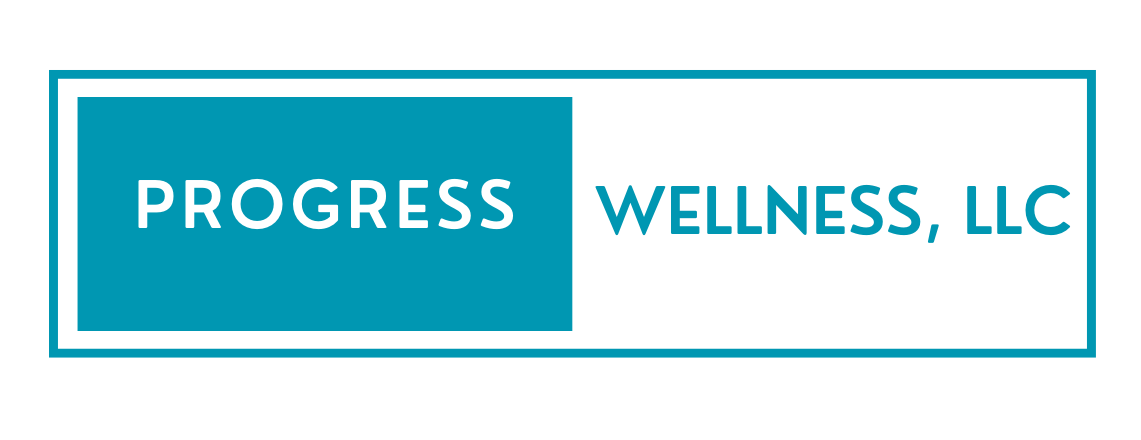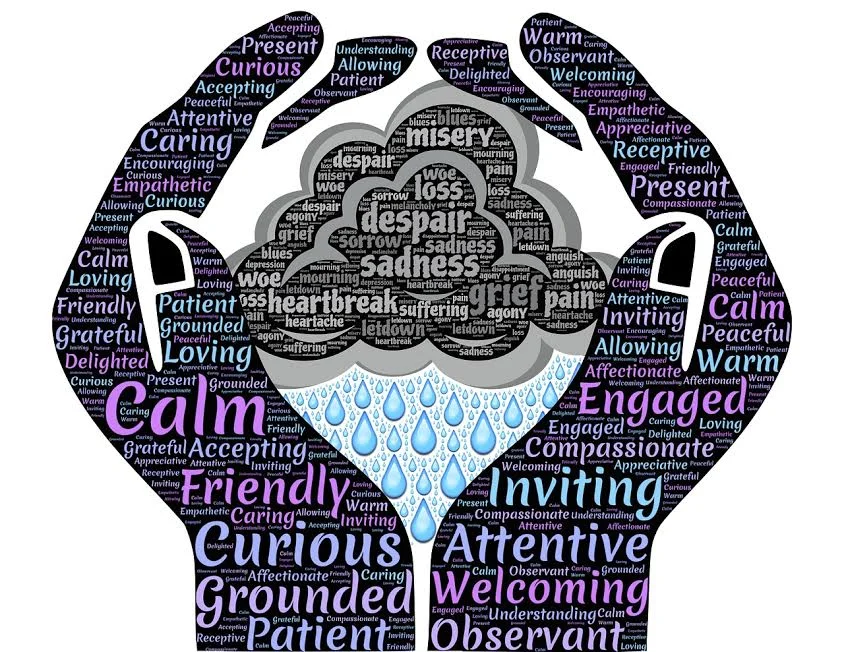Here we are in the midst of holidays and nearing the end of 2021. I thought it would be helpful to talk about how to manage your stress during this time of year knowing that more families are getting together, more people are traveling, and well, the holidays can be stressful!
One strategy I have been talking most about in my practice over the past few months-gearing up for the holidays-has been self-compassion. When you practice self-compassion, you are being skillful and engaging in self-care.
Self-compassion is being warm and kind to yourself during a time of difficulty, failure, or feeling inadequate, rather than beating yourself up, listening to negative thoughts, or ignoring your feelings.
If you struggle with finding ways to manage your holiday stress and are quick to go down the negative thinking rabbit hole, try practicing self-compassion. It’s free, you can start today, and you only need to donate a few minutes each day (more of course if you can) to feel the results.
Here are some ways you can practice self-compassion:
Be gentle with yourself and catch those negative thoughts before they take over.
Instead of saying “I am an idiot, why did I do that,” try instead “I learn by doing, and I made a mistake. What can I learn from this experience?”
Think about what you would tell your best friend if they were in the same situation and then say that to yourself on repeat. If you are feeling stressed out because you can’t afford the big gift your loved one (such as a partner, parent, child, or friend) has been asking for, and are beating yourself up for it, would you tell your best friend “Well, suck it up buttercup. You are just going to have to buy the gift because they want it and you don’t want to disappoint them,” or would you say something more realistic and kind?
For example, I might tell my best friend, “I know you’d love to get them the big gift but financially it sounds too difficult right now. You are such a wonderful (partner, daughter/son, or parent) to want to get them the gift. Perhaps have them choose between two other gifts they want that are within your price range. Holidays are more than just the gifts we get.”
Set personal limits with family and friends.
You can’t be all things to all people.
You can set limits by creating boundary statements that help you say what it is you need.
“I would love to host this year but there is too much going on and I can’t make it happen. Someone else needs to host this year.”
“I would love to get dinner with you, but this week is hectic. I have more free time (next week/after the holidays/on Fridays) so let’s pick a time around then.”
Do something kind for yourself each day.
Go for a short walk, eat your favorite breakfast, or wear an outfit that makes you feel good.
Being kind and self-compassionate does not cost money but it does require time. Small amounts of time each day to focus on being kind to yourself while you navigate hard emotional obstacles will help you get through challenges with more ease.







